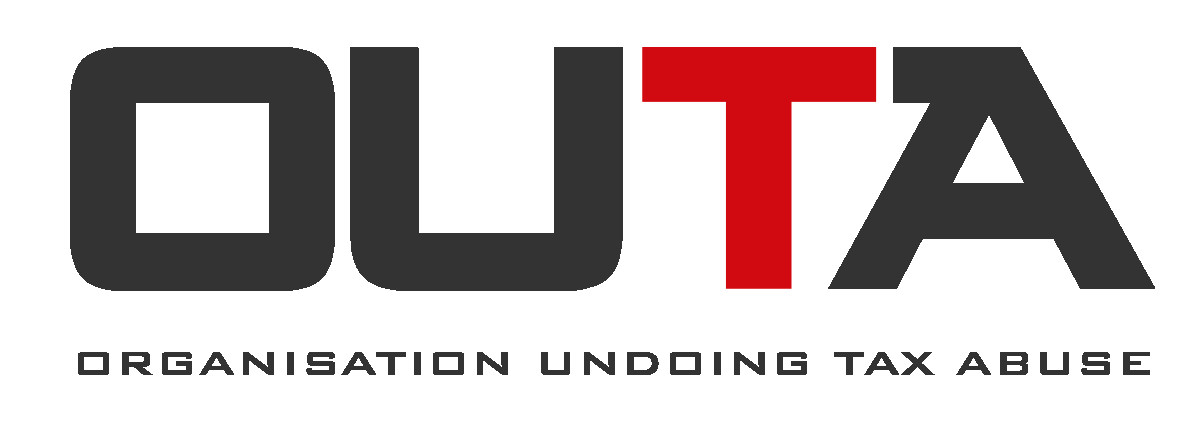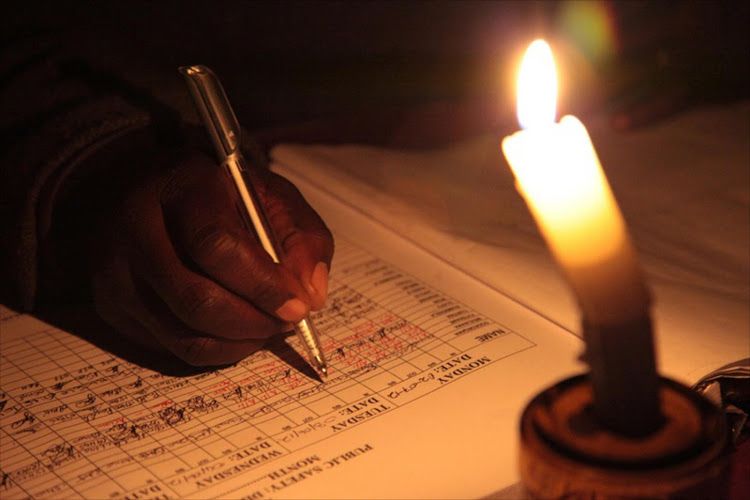“Eskom’s aging power plants require urgent attention to keep the lights on and it would appear that, aside from the lack of maintenance over the past years which is catching up with us today, the shortage of skills and expertise to manage, maintain and operate these aging plants has added to Eskom’s woes,” says Ronal Chauke, OUTAs energy portfolio manager.
Even more concerning are reports that the brand-new power stations Medupi and Kusile are also failing. Two units at Medupi failed on Monday, contributing to the Stage 4 load shedding. It has also been reported that an Eskom contractor has gone into business rescue so withdrawn from Medupi, and that Eskom’s emergency reserves of water and diesel are low which limits use of the back-up diesel generators. This points to poor contingency planning.
This situation is extremely damaging for the South African economy and calls for urgent intervention, even if this requires the importation of international expertise and recalling retired engineers and experts who have the institutional knowledge of these power plants.
More pressing, however, is the need for the country’s energy generation regulations to be revisited and to allow for self-generation to become a bigger reality in South Africa. We are told that more than 2 000 MW in self-generation applications are waiting for Government approval, but regulatory constraints and poor leadership decisions are holding this country back.
“We believe it is time for South Africa to enable and encourage self-generation solutions on a large scale,” says Chauke. This will in turn reduce pressure on Eskom to meet the country’s demands, which it is clearly struggling to do.
What South Africa is experiencing today is a serious hangover of political interference and mismanagement of the country’s energy needs for many years, which has led to sizable inefficiencies, a loss of expertise and high costs attributed to maladministration and corruption.

